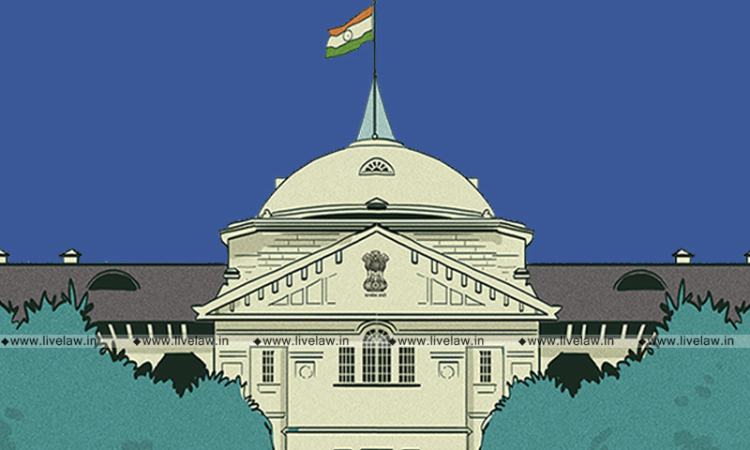Section 106 Evidence Act Not Attracted Unless Prosecution Prima Facie Discharges Initial Burden Of Establishing Guilt Of Accused: Allahabad HC
Sparsh Upadhyay
29 May 2023 3:22 PM IST

Next Story
29 May 2023 3:22 PM IST
The Allahabad High Court has recently observed that Section 106 of the Indian Evidence Act cannot be attracted in a case unless the initial burden of establishing the guilt of the accused is prima facie discharged by the prosecution. The bench of Justice Kaushal Jayendra Thaker and Justice Shiv Shanker Prasad observed thus while allowing the appeal filed by one Guddu Verma who...
